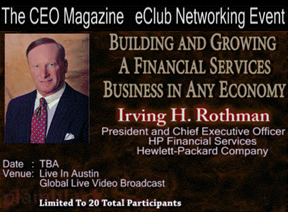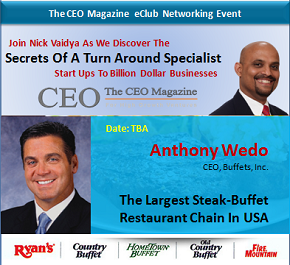You are here
- Guest Blogger |
- Management |
- Thu, 10/19/2017 - 21:36

Trevor Throness, Author, The Power Of People Skills: How to Eliminate 90% of Your HR Problems and Dramatically Increase Team and Company Morale and Performance
My adolescent/young adult years were spent working in farming and construction. I can’t say that I ever noticed any reticence by bosses in these industries to confront underperformance. Quite the opposite in fact. Immediate, stinging criticism was more the norm, often punctuated with clever, compound-word profanity. In fact some of my bosses were so good at swearing at me and others that I sometimes wondered if they had spent time in prison, or possibly the navy, honing their skills of profane repartee.
Today I work in white collar environments, where consequences for mistakes cost a lot more money and underperformance has much more serious consequences than it ever did on the construction site. And yet, confronting that underperformance is very rare. Even though we know that ‘A’ players can be up to three times more productive than non ‘A’ players, leaders still don’t take action. Even though we know that non-A players drive away our best people, cause us untold headaches, and weaken our culture, we still don’t move.
We all know the steps to success are to first, ‘get the right people on the bus, and get the wrong people off the bus.’ This Jim Collins idea has become a mantra that we all agree to.
Let me be clear. The biggest difference between a strong culture and a weak one is that strong cultures insist that everyone play as an A-player, and weak ones give a pass to chronic underperformance. So why this reticence to take action?
Here are a few of the real excuses I hear on a weekly basis for resisting this most critical of leadership duties.
- I couldn’t confront a single mom
- At least he’s a warm body in the seat – he’s better than having no one
- I’m too busy to think of replacing her
- What would he do if he didn’t work here? Who would hire him?
- We work too closely together and have become friends.
- The truth would hurt too much
I think that the biggest reason is actually quite simple. We believe that confronting underperformance isn’t nice.
Is that assumption really true?
First, is it nice to the company? No. Underperformers make poor mentors because they teach bad habits to their protégés. If they have influence over hiring decisions, they tend to choose to hire people who are weaker than themselves; they find great employees too eager by far. They attract lower-quality customers and turn off great ones. So, they make the company less competitive and less safe for everyone else.
Is it nice to their co-workers? No, they are the ones who have to pick up the slack, do the extra work, and live with their negative, toxic attitudes. In fact, living with underperformers is one of the main reasons your best people leave.
Is it nice to you as the boss? No, it causes you the bulk of your stress. It also traps you into spending most of your time managing your worst people, and ignoring what you should be doing; coaching and developing your best people. Somewhere, someone is in a board room right now plotting to recruit your best people, who you are currently ignoring. The bulk of your time should be spent with your winners, not your whiners.
Here’s the big question. Is it nice to the underperformer to ignore their poor work habits?
Frequently, I have CEOs complain to me about one of their employees. They outline to me all of the concerns they have with them. When I ask, “Have you ever said this to them, in kind and clear terms?” The answer is almost always no. So the underperformer continues to drift until the situation proves intolerable, and then one day the underperformer is fired. This process may take years. The employee is shocked, and leaves with feelings of anger and bitterness. If the boss had intervened sooner, they may have corrected their behaviour and gone on to have a productive career. Or, they may have left the company and found a better path (for them and for you).
Just because you and your company haven’t been able to engage the interests and passions of your underperformer, doesn’t mean that another place won’t. In fact, it’s likely that they’ll go on to find something that’s a better fit for them.
Many people we look up to today had someone confront them early in their careers, resulting in a mid-course correction. People like Thomas Edison, Walt Disney, Madonna, and J.K. Rowling, were all confronted over poor performance, learned through the process, and went on to be successful in other areas.
The easiest thing to do is to let people drift and do nothing about it. Confronting can be painful and icky. But I at least have found that, whenever I’ve been faced with a decision – a fork in the road - the right thing to do has always been the hardest thing. Do you find that too?
Choose to do the hard things now and your life will be easy. Choose to do the easy things now, and life will be hard. So do the right thing. Write down a name of someone you need to talk to and do it today!
About the Author
Trevor Throness is the author of THE POWER OF PEOPLE SKILLS: How to Eliminate 90% of Your HR Problems and Dramatically Increase Team and Company Morale and Performance (Career Press, August 2017). He is a veteran business coach who specializes in working with growing businesses.
Follow The Blog
Blog Categories
- Business Ops. (45)
- Editors (3)
- Entrepreneurship (196)
- Finance (25)
- Leadership (529)
Blog Authors
- Guest Blogger (835)
- Cynthia Kay (92)
- Linda Henman (78)
- Dianna Booher (46)
- Craig Ross (31)













